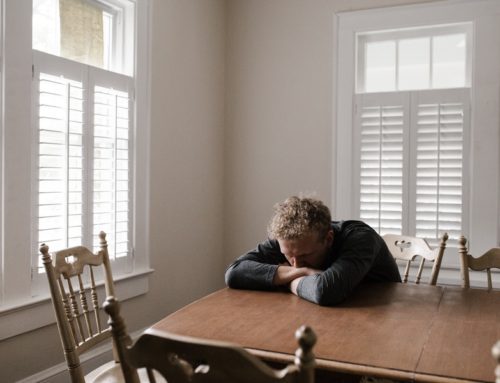Unfortunately, there are many real victims in the world. Bad things happen to people who’ve done nothing to bring anything on themselves. To be a real victim, a person must be involved in a terrible event they had no part in bringing on themselves while having no power to change that situation. However, we all know people who always paint themselves as victims when they certainly aren’t. Being around a person who plays the victim card is no fun.
People with a “victim mentality” typically show the following characteristics:
- They feel personally wronged by all misfortunes, regardless of the source.
- They refuse to see their part in the ills that befall them when in many cases, their choices have led to their situations.
- They don’t take any form of criticism well.
- They feel they are entitled to complain
- They believe there is nothing they can do about their situation.
People who are immersed in chronic victimhood have an identity that’s based around a sense of grievances, imagined injustice, and a pervasive sense of self-pity. People who live in a state of self-assumed victimhood feel that they are essentially ineffectual in their own lives.
If this description resonates with you about yourself or someone you know, how does one move out of a sense of being personally victimized by everything that happens?
- First, re-direct your mental energy to the present moment and inventory your strengths. Typically, people have more resources at hand than they think they do. People with a tendency toward victimhood may also be more capable than they think. Those who perpetuate their own self-image as a constant victim of circumstance tend to have low self-esteem. They also have little faith in their ability to make a meaningful difference in their own lives.
- Next, own your feelings, your thoughts, and your actions. Take ownership of the consequences of your decisions and choices. Don’t give a second’s worth of energy feeling angry at people who don’t value you. Take care of yourself; don’t wait for someone else to do it.
- It helps to investigate why you feel powerless. Does it on some level make you feel better? Does it come from a period in your life when you truly were helpless?
- Learn to be assertive. When people ask you to do things you’d rather not do and don’t have to do, learn to say no. It’s hard to do at first, but always saying yes is a sure path to building up resentment.
- Practice gratitude. It’s hard to feel consumed by self-pity when you look at what you do have in life. Chances are you’ve got a lot more to be grateful about than you thought. Sure, being grateful doesn’t give you what you might want at the moment, but it redirects your emotional frame of reference to the positive instead of the negative. Positive emotions are constructive. Negative emotions are erosive; they wear us down and foster bitterness.
- Be kind to yourself. People with an exaggerated sense of victimhood are often as harsh on themselves as they are self-pitying. Practicing kindness to yourself takes off some of the pressure.
Most often, playing the victim is a habit that develops out of a sense of helplessness. The more we do to help ourselves, the less the tendency to identify as a victim permeates our life. For support in Spokane, WA reach out to Damaris through her contact page or calling 509-342-6592.






